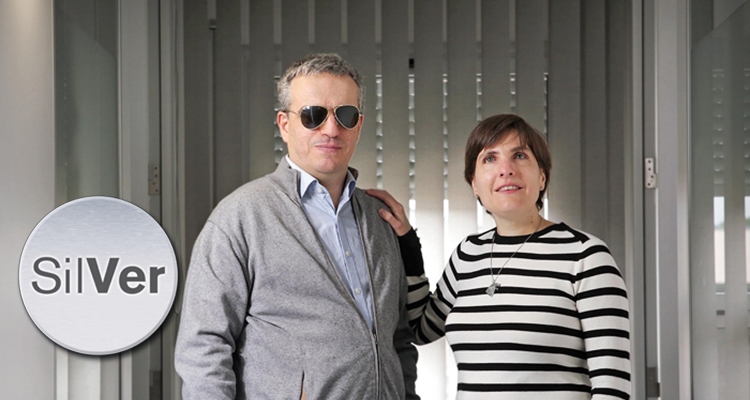“We should think about the need and the person, not about the latest invention to have hit the market”

INTERVIEW WITH DANIELA RUBIO AND JOSÉ GONZÁLEZ, DIGITAL ACCESSIBILITY SPECIALISTS
What is digital accessibility?
J: People with any type of disability should be able to access and use ICT and, in particular, the internet. A growing number of people in this situation trust in technology to improve their living conditions and daily tasks.
Is technology important for someone who is blind or with low vision?
J: It is vital. Everything was much harder 25 years ago. Technology is our ally and it makes our lives easier. Imagine that you are on the street and you have a device that tells you what crossroads you are at or that reads a sign for you. That was unthinkable years ago.
D: If used properly, it makes daily life easier. It is very useful to have a text reader, an app that tells you if there is light in the room or that tells you the colour of the clothing in your wardrobe.
Is everything on the market useful?
D: Every app or every device fits a situation, a need and an age. There is no point in offering a complex technological solution to an elderly person who is not going to understand it when there are simpler options that he or she will use.
J: Technology often provides us with an information overload that is difficult to manage. And we shouldn’t be ignoring all our other senses. People with low vision or blindness should use technology as a help but they also should strengthen their hearing, their touch, their attention skills. We also have to know when to ask for help.
What happens when someone suddenly experiences vision problems?
D: Apart from the psychological impact which in itself is a struggle, it is very frustrating. A person who is blind from birth and who has had their whole life to adapt and someone who suddenly suffers it are not the same.
What is the SilVer platform for?
J: It is a starting point for addressing principally what is an unexpected situation. It is a selection of apps and devices that are currently on the market. Daniela and I have chosen, analysed and tested them with a view to their functionality, their users, the ease of use, the price and many other parameters. We have also taken into account whether the person who will use them has problems with their central or peripheral vision, as the need is clearly not the same.
D: It’s a high-quality selection. We have chosen some because of their intrinsic value and others with a view to them being affordable or easy to find and use. We have spent months on the project and we have omitted over 100 devices from our recommendations.
How did the relationship with the Institut de la Màcula and the Barcelona Macula Foundation come about?
D: Like everything in life, through a series of personal coincidences. Dr. Monés, who is in daily contact with people who experience this situation, wanted to develop a project that was useful and reliable. We also had that sensitivity after spending many years teaching people with vision problems. So we brought our skills together.
J: We wanted to craft our work with a view to the person and not to the latest gadget. Dr. Monés and his team agreed completely with our way of thinking.
